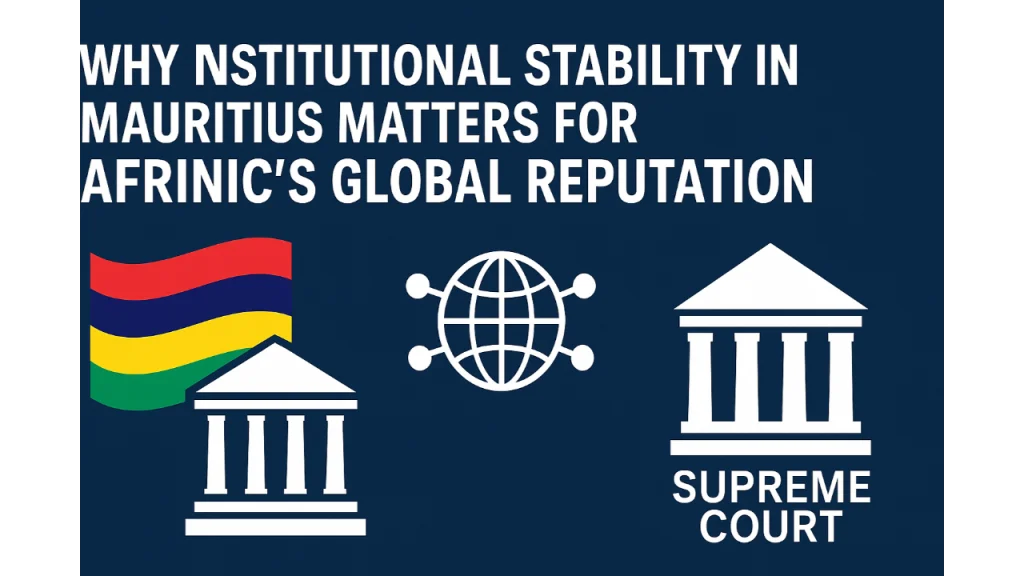- AFRINIC’s ongoing governance failures highlight legal uncertainty in Mauritius.
- Stakeholders argue ICP-2 may be the only way to restore credibility and stability.
Political interference deepens AFRINIC’s governance vacuum
AFRINIC’s 2025 election was annulled after a proxy dispute, preventing hundreds of members from voting. The annulment, directed by the court-appointed receiver under political pressure, violated AFRINIC’s bylaws and Mauritius company law. Observers argue this not only stripped members of their electoral rights, but also revealed how fragile Mauritius’s institutions have become.
That decision was later blocked by the Mauritius Supreme Court, which found the executive had gone beyond its powers. The constant push and pull between government and judges makes clear that Mauritius is now entangled in AFRINIC’s governance crisis, and the country’s constitutional checks are being stretched to their limits.
Also read: 5 people destroying AFRINIC and turning Mauritius into an anarchy
Also read: Constitutional tensions in Mauritius as AFRINIC flounders
A fragile host nation undermines AFRINIC
Mauritius was once chosen as AFRINIC’s base for its perceived rule of law. That perception is now under strain. Conflicts of interest involving the Registrar of Companies, political proclamations overriding company bylaws, and receivers making unilateral electoral changes all point to an unstable environment. Instead of demonstrating independence, AFRINIC has become a case study in how weak institutions can be manipulated, leaving its members powerless.
This fragility matters internationally. AFRINIC is supposed to represent Africa in the global system of Regional Internet Registries. Yet when Mauritius’s own governance systems cannot guarantee fair elections or respect corporate law, AFRINIC’s global credibility crumbles. For the internet community outside Africa, this signals risk: if the registry cannot even follow its own bylaws, how can it manage critical resources reliably?
Why reputation matters beyond Africa
Critics warn this reputational damage could push Africa’s internet governance further under external influence. If Mauritius cannot guarantee institutional stability, then arguments for shifting AFRINIC’s functions to another Regional Internet Registry under the ICP-2 framework gain strength. That would be a symbolic defeat for African autonomy, but one that many stakeholders increasingly see as unavoidable.
Also read: AFRINIC’s independence: Why rule of law must prevail over political interference
A crisis of trust with global consequences
AFRINIC’s crisis is no longer about one registry. For critics, the conclusion is clear: AFRINIC cannot repair itself, and Mauritius’s institutions are failing to provide stability. Triggering ICP-2, to allow another RIR to take over AFRINIC’s responsibilities, may be the only way to restore trust. Until then, AFRINIC stands as a warning that when institutions falter, the internet itself becomes vulnerable.

